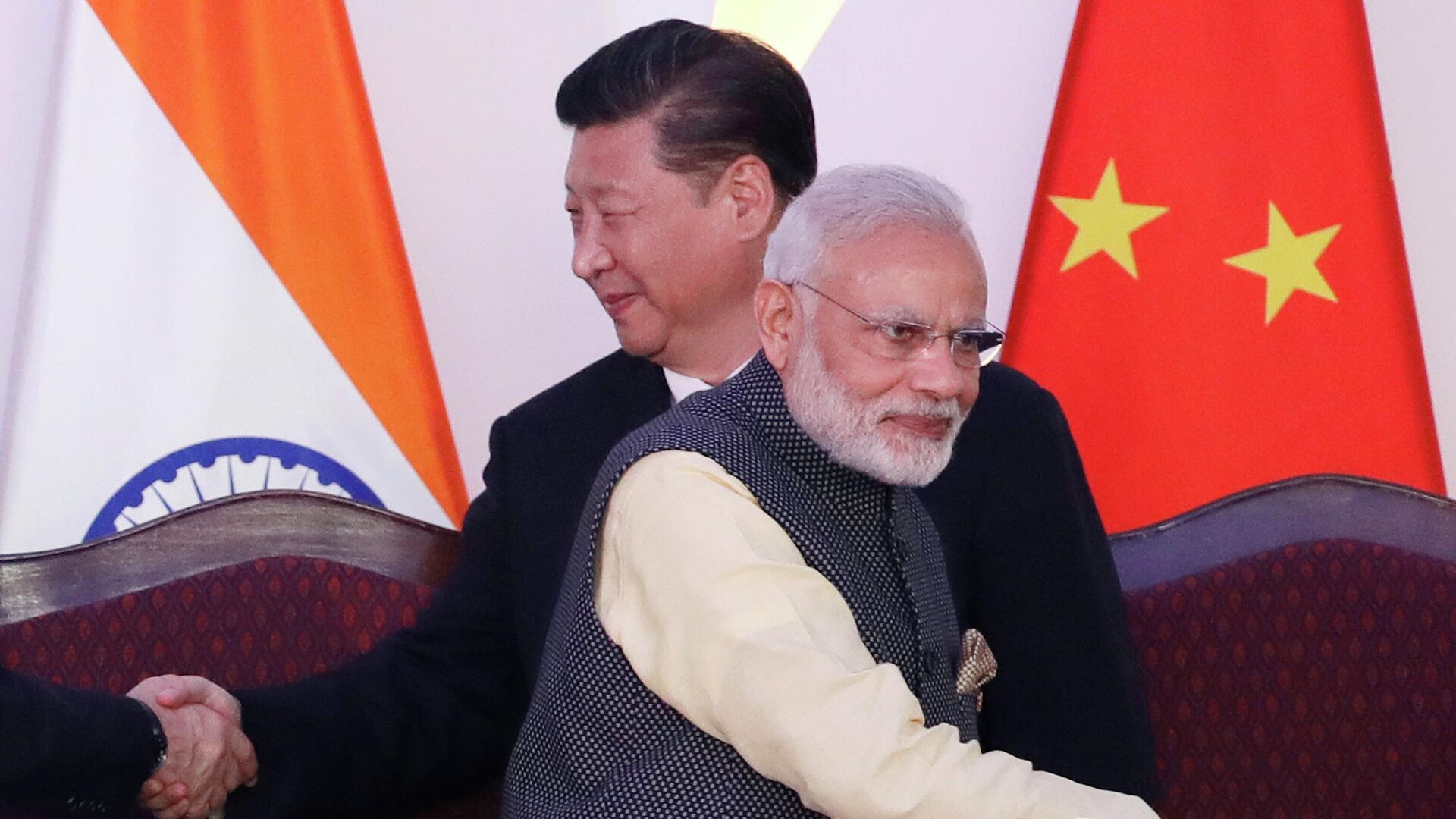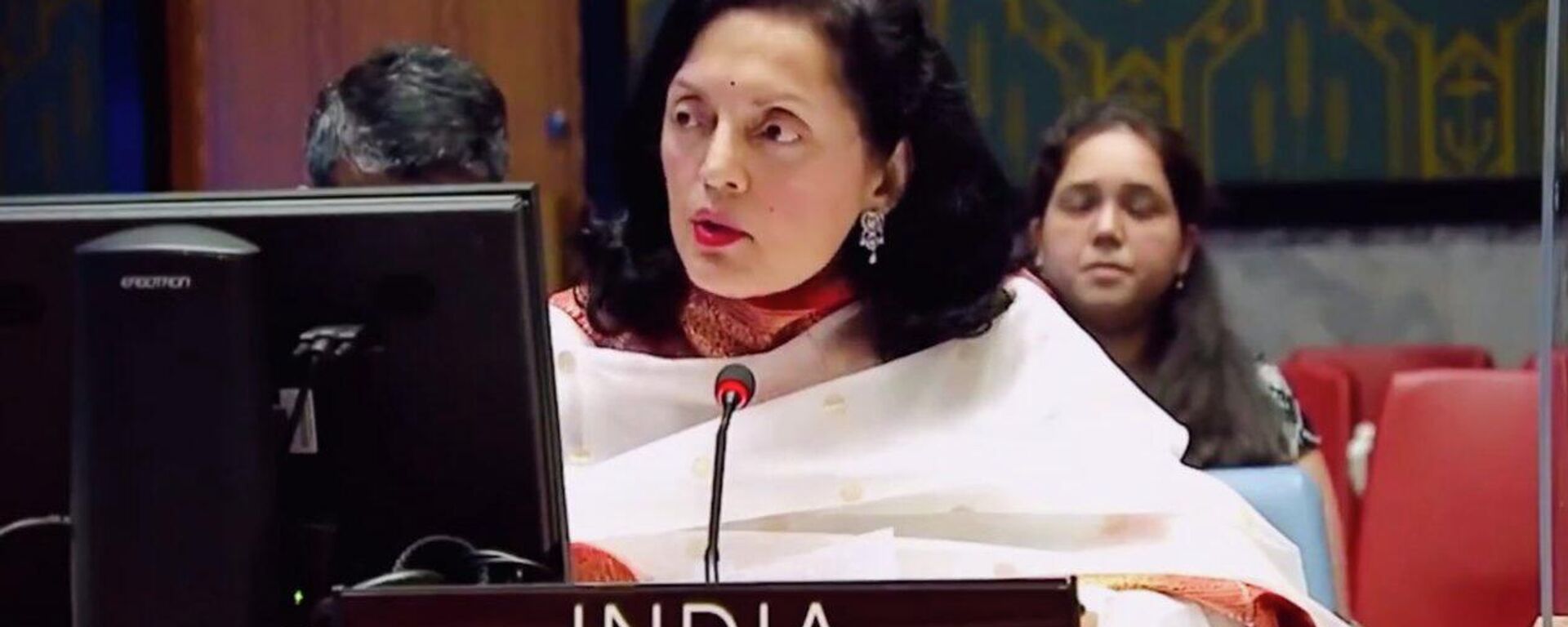China, Russia Want Greater Role for India, Brazil & South Africa In Drive to Reform UNSC
09:00 GMT 23.09.2022 (Updated: 20:57 GMT 19.10.2022)

© AP Photo / Manish Swarup
Subscribe
Indian Foreign Minister Subrahmanyam Jaishankar has blamed China for blocking New Delhi’s bid for a permanent seat on the UN Security Council. However, the the two Asian powerhouses' interests have increasingly converged since the Ukraine conflict started, as western sanctions against Russia have affected post-COVID recovery in the global south.
China and Russia have said that they back the aspirations of India, Brazil and South Africa to play a “greater role” at the UN, as the foreign ministers of the BRICS states - Brazil, Russia, India, China and South Africa - met for their annual meeting on the sidelines of the United Nations General Assembly (UNGA) on Thursday.
A joint statement released after the meeting said that “comprehensive reform” of the UN, including the Security Council, was needed to make the global institution more representative, effective and efficient to deal with present global challenges.
The statement also stressed the “importance” of the G-20 group of nations' role in ensuring that the global governance system remains “inclusive” when representing the interests of developing countries.
“They expressed their firm view that the G20 should continue to function in a productive manner, focusing on the delivery of concrete outcomes, taking decisions by consensus,” said the joint statement, which also expressed support for Indonesia's presidency of the G20 ahead of the Bali summit in October.
At another meeting attended by the foreign ministers of India, Brazil, Japan and Germany, the four top diplomats focused exclusively on reforms in the Security Council.
The four countries, known as the G4, said that “today’s conflicts around the globe” and the interconnected global challenges have brought to the fore the “urgency” to carry out reforms in the Security Council as well as expand the membership of other decision-making groups so that they are more representative of the interests of the developing nations.
The IGN is an intra-UN group tasked with the process to carry out reforms in the UN Security Council.
The foreign ministers alleged that “concerted attempts” by some parties to stall reform of the UNSC's membership, and they backed the process of “gradually moving the process towards text-based negotiations” in taking the reform process to its logical conclusion.
“The G4 Ministers reiterated that expansion of the Security Council in both permanent and non-permanent categories of membership is essential to make the body more representative, legitimate and effective,” the joint statement suggested.
India's Foreign Minister Subrahmanyam Jaishankar, who is leading New Delhi’s delegation to the UNGA this year, called again on Thursday called for an “immediate end” to hostilities in Ukraine, as he pointed out the “consequences” of the western sanctions against Russia were being felt globally.
“We have all experienced its consequences in terms of surging costs and actual shortages of foodgrains, fertilizers and fuel. On this score too, there are good grounds to be worried about what awaits us. The global south, especially, is feeling the pain very acutely,” Jaishankar said while delivering India’s statement at a UNSC meeting on Ukraine.

